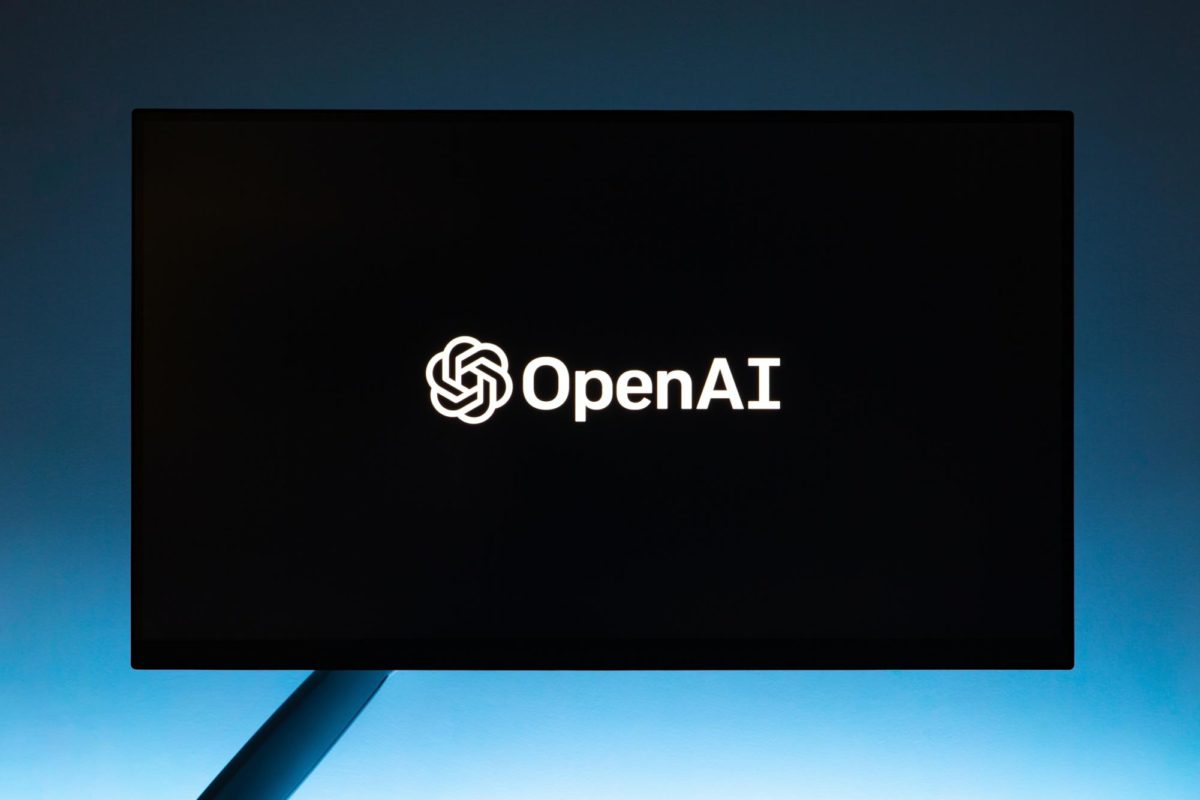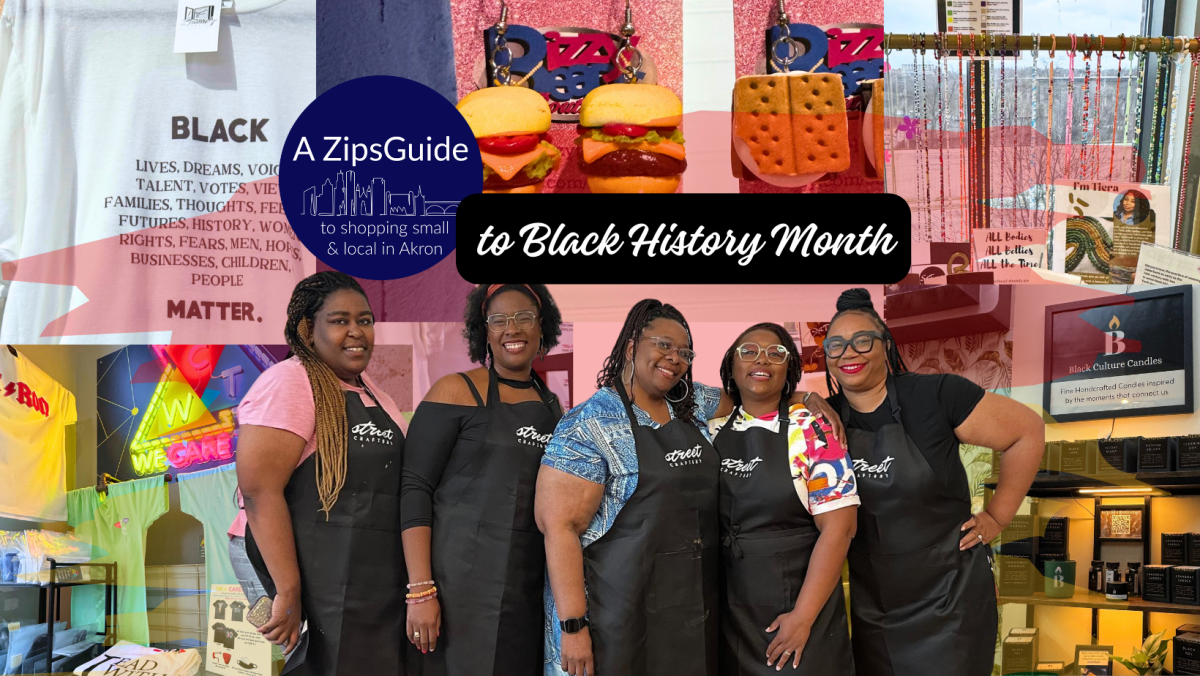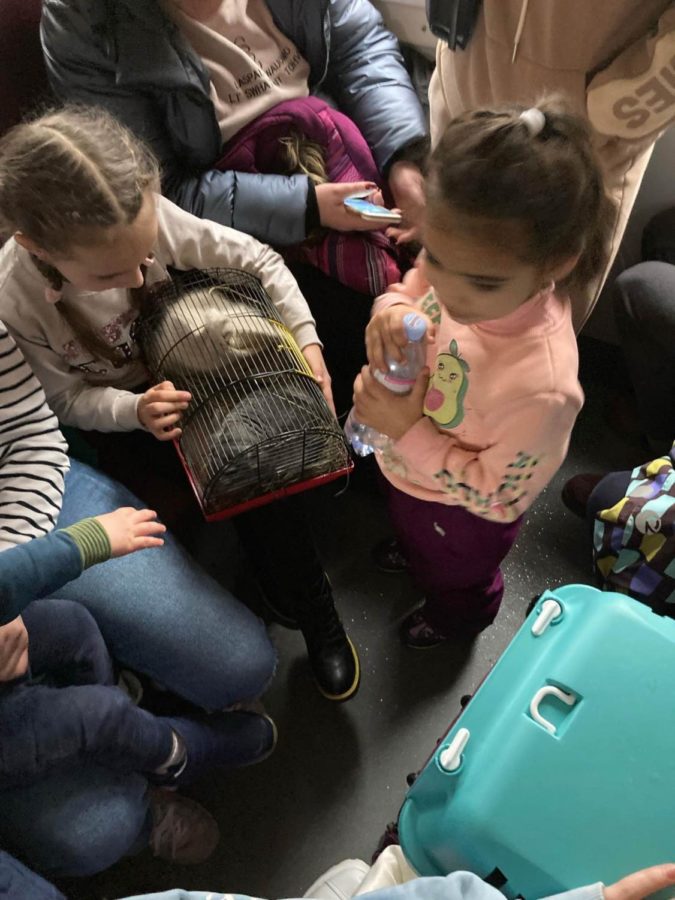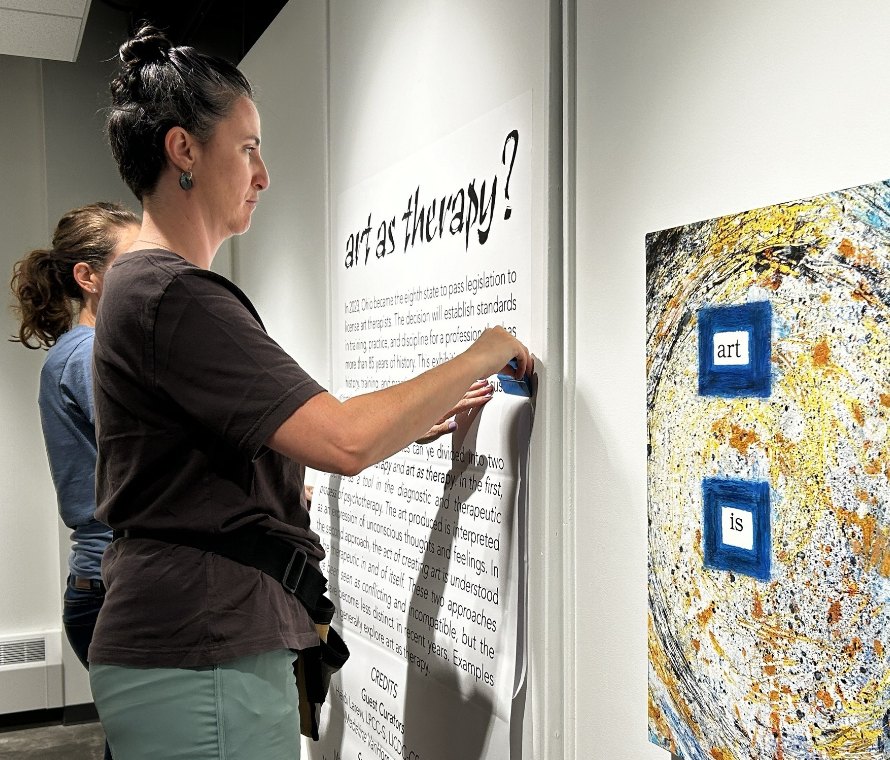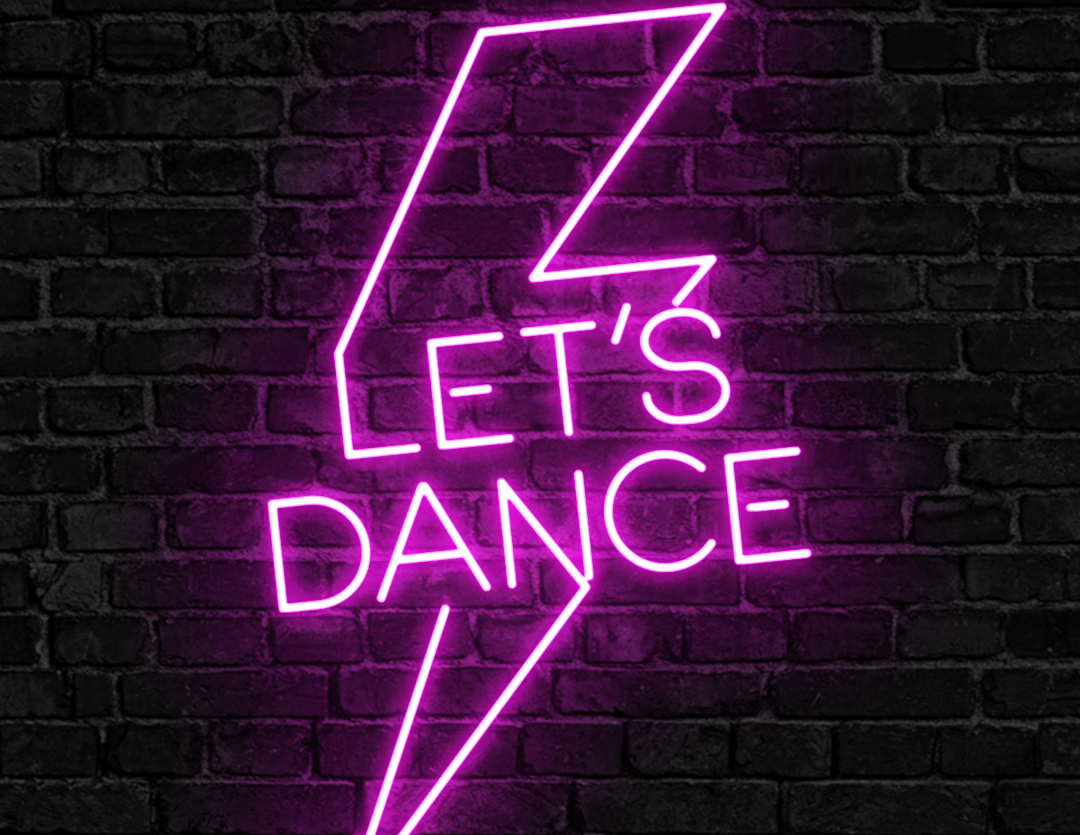The emergence of AI-powered chatbots like ChatGPT has brought significant disruptions to the Edtech (educational technology) industry, challenging traditional learning platforms’ business models. These AI language models offer free and readily accessible assistance to students seeking help with their homework and study needs, which has attracted a growing user base. As more students turn to these AI-powered resources, Edtech companies like Chegg Inc and Quizplus LLC have found themselves facing increasing pressure to remain competitive in this rapidly evolving landscape.
One of the critical concerns for Edtech companies is the potential dilution of their core businesses. As students become accustomed to the convenience and accuracy of AI-powered study aides, they might be less inclined to utilize the comprehensive services offered by learning platforms like Chegg and Quizplus. The surge in student interest in ChatGPT indicates that the traditional approach to educational support may be challenged by the ease of access and assistance provided by AI technology.
The revenue warnings issued by these companies reflect the impact of ChatGPT’s rising popularity on their financial performance. The significant spike in student engagement with AI-powered resources has affected subscriber growth rates, leading to uncertainty about future earnings. Consequently, Chegg has taken proactive measures to address the challenge, such as suspending full-year outlooks and implementing strategic adjustments to their business strategies.
Chegg and Quizplus have also introduced their AI-powered study aides, CheggMate and Quizplus AI service, to address the challenge, and it remains unclear whether these will be enough to offset the slowdown in their respective core businesses.
However, recent developments have introduced a new dimension to the AI landscape in Edtech. A lawsuit, initiated by authors like Mona Awad just last month, against OpenAI, the company behind ChatGPT, highlights the pressing need to uphold and protect content creators’ intellectual property rights. The authors allege that OpenAI unlawfully used their copyrighted books to train ChatGPT, raising significant concerns within the Edtech industry.
This lawsuit has sparked considerable debates surrounding the ethical use of copyrighted materials in AI-powered study aides. Edtech companies now face the challenge of navigating the legal landscape carefully and ensuring that their AI training practices comply with copyright regulations while providing fair compensation to authors and publishers.
The outcome of the lawsuit against OpenAI and the industry’s response to the AI threat will significantly influence the future of educational technology. Edtech companies need to adopt forward-thinking strategies that embrace technological innovations while ensuring responsible use of AI language models. By fostering a collaborative approach that respects copyright laws and empowers content creators, they can navigate the challenges of the AI revolution and build a sustainable future in the era of AI-powered learning tools.
As the AI language models like ChatGPT continue to evolve, Edtech companies face both challenges and opportunities. To thrive in this dynamic environment, they need to strike a delicate balance between incorporating AI technology to enhance educational services and preserving the value of human-created content. Collaborating with content creators and forming partnerships that promote ethical AI training practices will be essential for maintaining a harmonious relationship between AI technology and the content creation community. Authors’ lawsuit against ChatGPT serves as a catalyst for reshaping the future of educational technology, urging Edtech companies to tread carefully as they navigate the transformative potential of AI in the education landscape.

